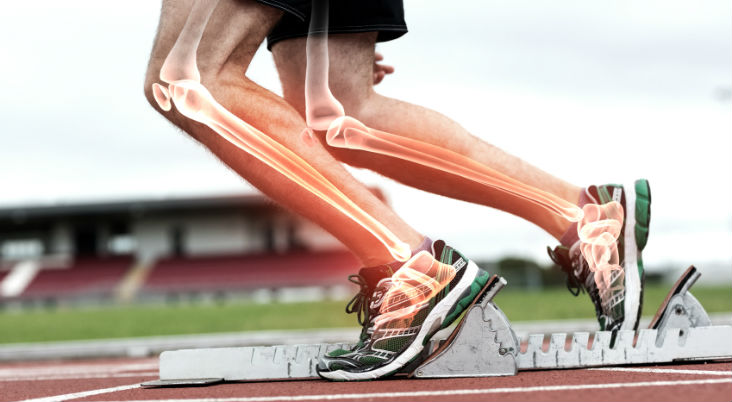Sports injuries can happen to both professional athletes and recreational players. Sprains, strains, and fractures are some of the most frequent injuries, often resulting from overuse, improper technique, or lack of preparation. While sports can provide numerous physical and mental health benefits, preventing injuries is key to maintaining long-term health and performance. Here are four helpful tips to minimize the risk of a sport injury and keep you active on the field, court, or track:
Warm Up and Stretch Before Activity
Warming up before physical activity plays a fundamental role in preventing a sport injury. Cold muscles are often less flexible and more prone to strains and tears. To prepare your body for exercise, start with five to ten minutes of light aerobic activity such as jogging or jumping jacks. This gradually increases your heart rate and blood flow, which helps loosen your joints and muscles.
After warming up, stretching may further reduce the risk of injury. Focus on dynamic stretches that mimic the movements required in your sport. For instance, lunges and arm swings are helpful for preparing the body for running or throwing. Avoid static stretches during your warm-up, as they are often more effective after physical activity when your muscles are already warm.
Use Proper Technique and Equipment
Adopting the correct technique is key to reducing stress on your joints and muscles during activity. Improper form may lead to overcompensation by certain muscles or unhealthy joint alignment, increasing the chance of injury over time. Consulting with a coach, trainer, or sports medicine specialist to refine your technique is a proactive step.
Equally, using the right equipment can greatly reduce risk. This includes properly fitted footwear, which provides the necessary support and cushioning for your activity. Protective gear such as helmets, knee pads, or braces is also key for safety if your sport involves contact or high-impact movements. Make sure equipment and gear are maintained regularly to aid their effectiveness.
Avoid Overtraining
Overtraining may cause you to have a sport injury, as it places excessive stress on the body without allowing time for recovery. Muscles, tendons, and ligaments need adequate rest to repair and strengthen, especially after high-intensity activities. A well-structured training program that incorporates recovery days is beneficial to prevent overuse injuries.
Listen to your body for signs of fatigue or discomfort, as these can indicate that you’re overexerting yourself. For instance, muscle soreness that doesn’t improve after rest or sudden sharp pain during activity requires immediate attention. Gradually increasing the intensity, duration, and frequency of your training sessions can help you avoid pushing your body too hard too soon.
Hydration and Nutrition
Proper hydration and nutrition are key to preventing sports injuries and maintaining peak performance. Athletes should drink plenty of fluids before, during, and after exercise to prevent dehydration. Dehydration puts you at risk of muscle cramps, fatigue, and impaired coordination. Water is key, but electrolyte-rich beverages can help replenish lost minerals for prolonged or intense activities. Fueling the body with a nutritious diet rich in nutrients may support recovery and promote optimal energy levels.
Get Sport Injury Help Today
Preventing a sport injury requires a combination of preparation, proper technique, and mindful training habits. Following these four tips may help reduce the risk of sprains, strains, and other common injuries while optimizing your performance. If an injury does occur, consulting a sports medicine expert is necessary for recovery and avoiding further complications. Contact a qualified specialist today for tailored injury prevention advice or to address an existing sports injury.
